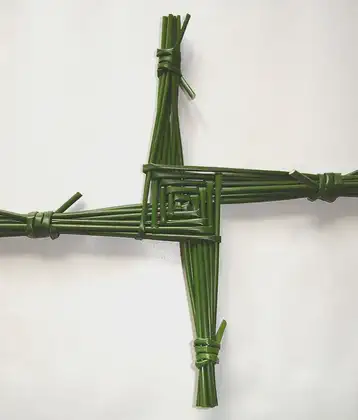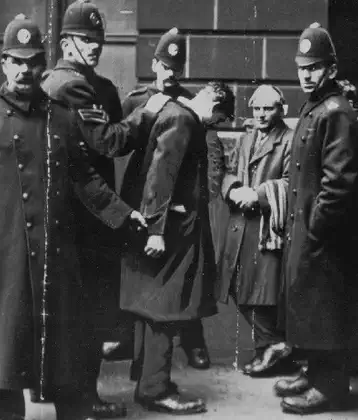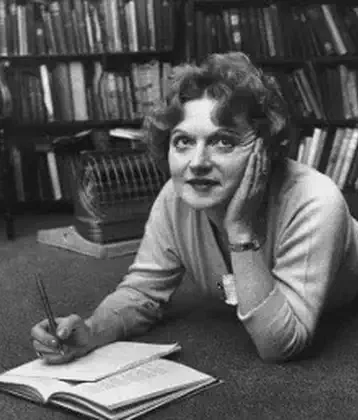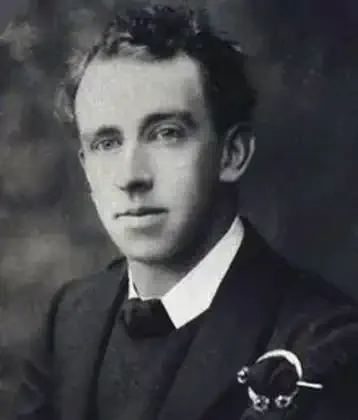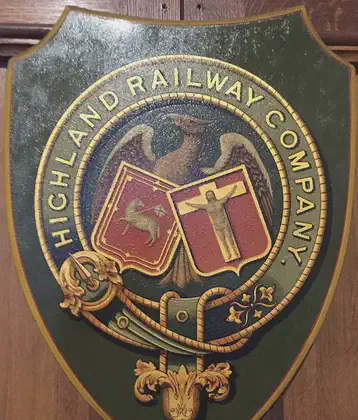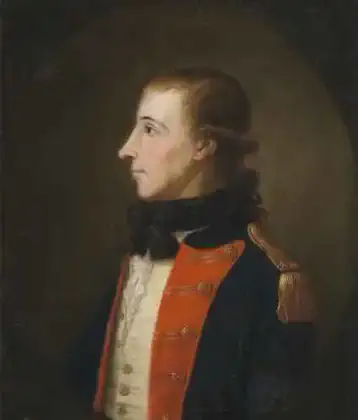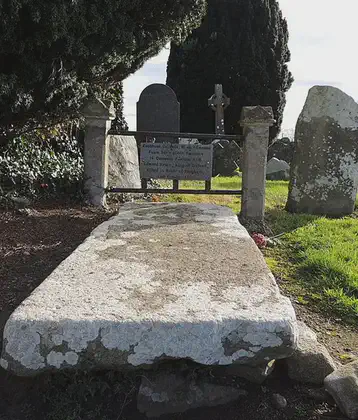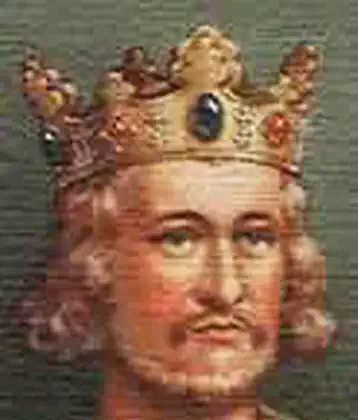On February 01, 1815 in Celtic History
Daniel o' connell, having kills norcot d' esterre in a duel fought on this date
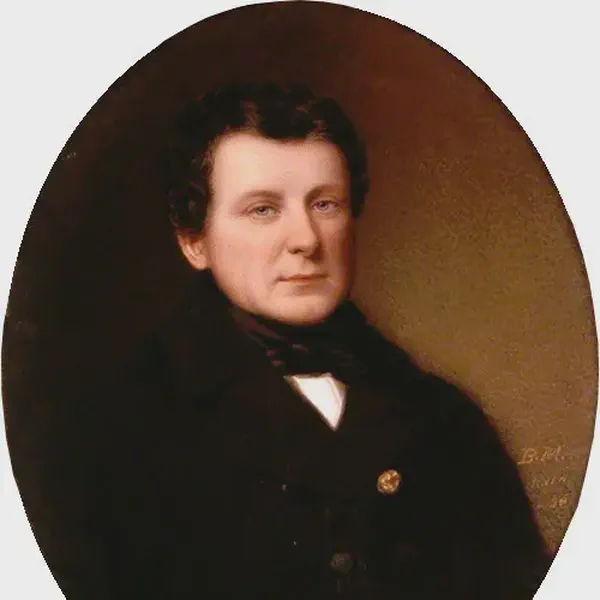
Daniel O’Connell, an influential Irish political leader known for his efforts to secure Catholic emancipation and repeal of the Act of Union between Ireland and Great Britain, was involved in a fatal duel in 1815. The duel took place on February 1, 1815, with his opponent being John Norcot d’Esterre, a member of the Dublin Corporation and a proponent of the Protestant Ascendancy.
Daniel (6 August 1775 – 15 May 1847), hailed in his time as The Liberator, was the acknowledged political leader of Ireland’s Roman Catholic majority in the first half of the 19th century. His mobilisation of Catholic Ireland, down to the poorest class of tenant farmers, secured the final instalment of Catholic emancipation in 1829 and allowed him to take a seat in the United Kingdom Parliament to which he had been twice elected.
To broaden and intensify the campaign for emancipation, in 1823, O’Connell established Catholic Association. For a “Catholic rent” of a penny a month (typically paid through the local priest), this, for the first time, drew the labouring poor into a national movement. Their investment enabled O’Connell to mount “monster” rallies (crowds of over 100,000) that stayed the hands of authorities, and emboldened larger enfranchised tenants to vote for pro-Emancipation candidates in defiance of their landlords.
The government moved to suppress the Association by a series of prosecutions, but with limited success. Already in 1822 O’Connell had manoeuvred his principal foe, the Attorney General, William Saurin, into actions sufficiently intemperate to ensure his removal by the Lord Lieutenant.[40] His confrontation with Dublin Corporation, equally unbending in its defence of the “Protestant Constitution”, took a more tragic turn.
The background to the duel was a series of public exchanges and challenges between O’Connell and members of the Dublin Corporation, following O’Connell’s derogatory comments about the corporation for its mismanagement and corruption. D’Esterre took offense at O’Connell’s remarks, seeing them as an affront to his honor and the Protestant community. The challenge to a duel was issued by d’Esterre, and O’Connell accepted, despite his personal opposition to dueling, under the social pressures and expectations of the time.
Outraged at O’Connell’s refusal to retract his description of the corporation as “beggarly”, one of their number challenged O’Connell to a duel. John D’Esterre (who happened to be a distant cousin of Mary O’Connell) had thought O’Connell might back down, for he had earlier refused a challenge from an opposing lawyer. The former royal marine was in any case confident of his aim. Recognising that his reputation would never be safe if he again demurred, O’Connell accepted.
The duel took place on 2 February 1815 at Bishopscourt, Kildare near Clontarf, Dublin. Both men fired. O’Connell, an inexperienced duelist, unharmed, mortally wounded D’Esterre who died of his injuries two days later.
The event had a profound effect on O’Connell, who reportedly regretted the incident for the rest of his life. He vowed never to fight another duel and later wore a glove on his right hand as a symbol of his remorse. Distressed by the killing, O’Connell offered D’Esterre’s widow a pension. She consented to an allowance for her daughter and this O’Connell paid regularly for more than thirty years until his death.
The death of d’Esterre did not hinder O’Connell’s political career; rather, it seemed to enhance his reputation among some sectors of Irish society. O’Connell continued to advocate for Catholic emancipation, which was achieved in 1829, largely due to his efforts. He became known as “The Liberator” for his role in securing greater political rights for Catholics in Ireland.
